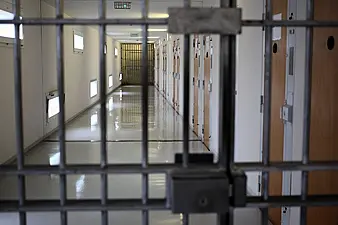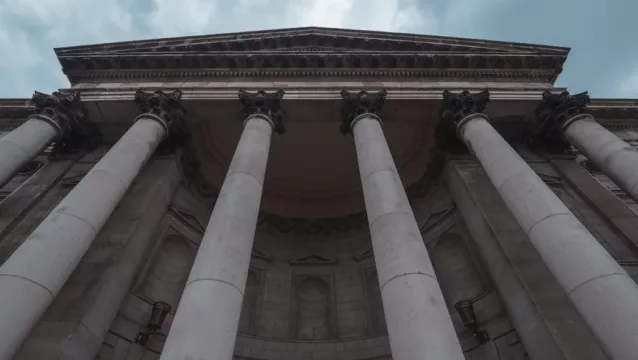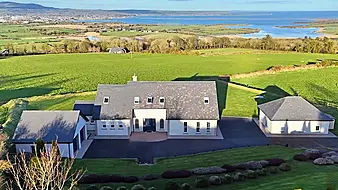Proceedings to approve a restructuring scheme for two companies in the Solar 21 renewable energy investment firm have been entered into the fast track Commercial Court.
Mr Justice Denis McDonald was satisfied to enter the proceedings involving EFW 21 Renewable Energy Ltd (EFW 21) and related firm EFW 21 Renewable Energy (Ireland) Ltd (EFW 21 Irl) into the commercial list on Monday.
The application for entry was made on behalf of the firms by Lyndon MacCann SC, with no objection from a number of representatives of creditors.
The application is to seek a direction as to what appropriate scheme meetings must be held and a ruling that a single class of certain loan notes holders is warranted.
The judge gave directions for advertising notice of the hearing of the proceedings - which will take place next week - to investors. Any challenges to the proceedings can only be brought on 48-hours notice, the judge ruled.
The case involves the raising of some £209 million (€240.2 million) from Irish investors to build a waste-to-energy plant in East Riding in England, known as EFW 21 Project 1.
Michael Bradley, Solar 21 sole director and shareholder, said in an affidavit seeking entry of the case to the Commercial Court, that £143.4 million of the overall investment was cash from other companies in the group after a number of their investors chose to reinvest their returns upon maturity in the EFW companies.
Significant delays were encountered in Project 1 after the planned technology provider went into administration in January 2020, he said.
An alternative technology provider was sought along with updated planning permissions but these challenges, along with significant construction cost inflation in the intervening period meant the project was no longer viable and was cancelled, he said.
While seeking to resolve the EFW 21 Project 21 issues, the EFW 21 and EFW 21 Irl firms made loans to several other companies in the group including £76.9 million in the Tansterne Biomass and Plaxton Biogas projects. These loans were expected to be repaid before the funds were required by the two EFW firms but the biomass and biogas projects were also delayed.
As a result, Mr Bradley said, the biomass and biogas projects are to be sold though this is expected to take six months in order to maximise their value. The delay in disposing of these projects, together with case flow issues in other group companies, has meant the intercompany loans have not yet been repaid, and they now have "insufficient liquidity to meet their own obligations" including repaying investments, he added.
After exploring a range of options, the group has concluded that, to maximise returns to investors, it is necessary to restructure the liabilities of EFW 21 and EFW 21 Irl through schemes of arrangement, he said.
To provide the best possible outcome for investors, it will include contributions with an estimated value of £36 million from Solar 21 and Isle of Man-registered Green Zone Consulting Ltd(GZC) arising out of their interest in an energy-to-waste project in North Lincolnshire, England. These contributions would not be available if the EFW companies were placed into liquidation, he said.
The ability of the companies to repay amounts owing to investors, who invested through loan notes and preference shares, is dependent on the repayment of the relevant intra-group loans owing to them by the other members of the group, he said. That is, in turn, contingent on the realisation of the assets by group members.
Advice was sought on how to improve the group's financial position and meet its obligations. The only realistic prospect of avoiding a liquidation of the companies is to compromise the liabilities owing under the EFW 21 loan notes and EFW 21 Irl preference shares, he said.

If one of the companies went into liquidation, it would be likely to have a "highly disruptive impact" on the group and could potentially lead to other members of the group commencing insolvency proceedings, he added.
The directors of EFW 21, who include Mr Bradley, and Mr Bradley himself as sole director of EFW 21 Irl, believe if the restructuring is successfully implemented the investors are likely to receive 61.2 per cent of what they are owed, or 80 per cent of what they invested, he said.
Mr Bradley said it is appropriate to recognise that many of the investors are frustrated and angry in respect of the performance of their investments, which he said he deeply regrets.
Chartered accountant John McStay has recommended the schemes be approved by investors given the likely alternative outcome, he added.







